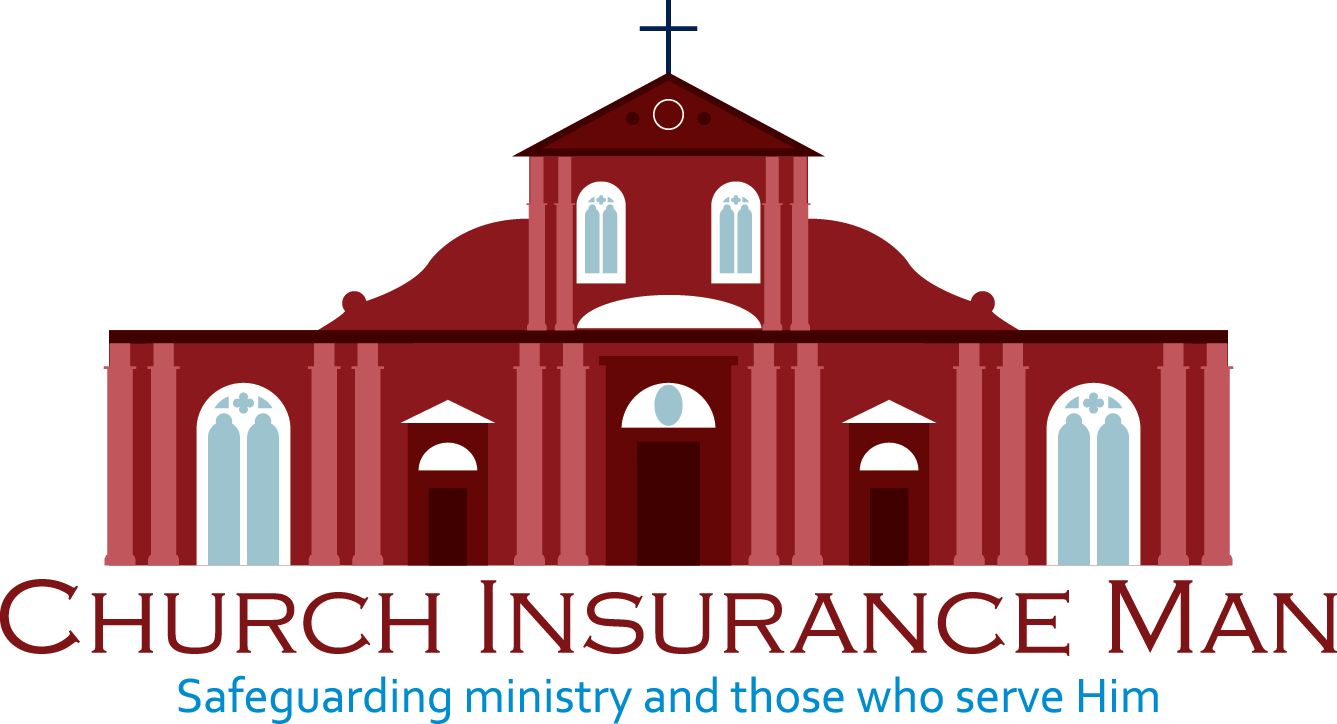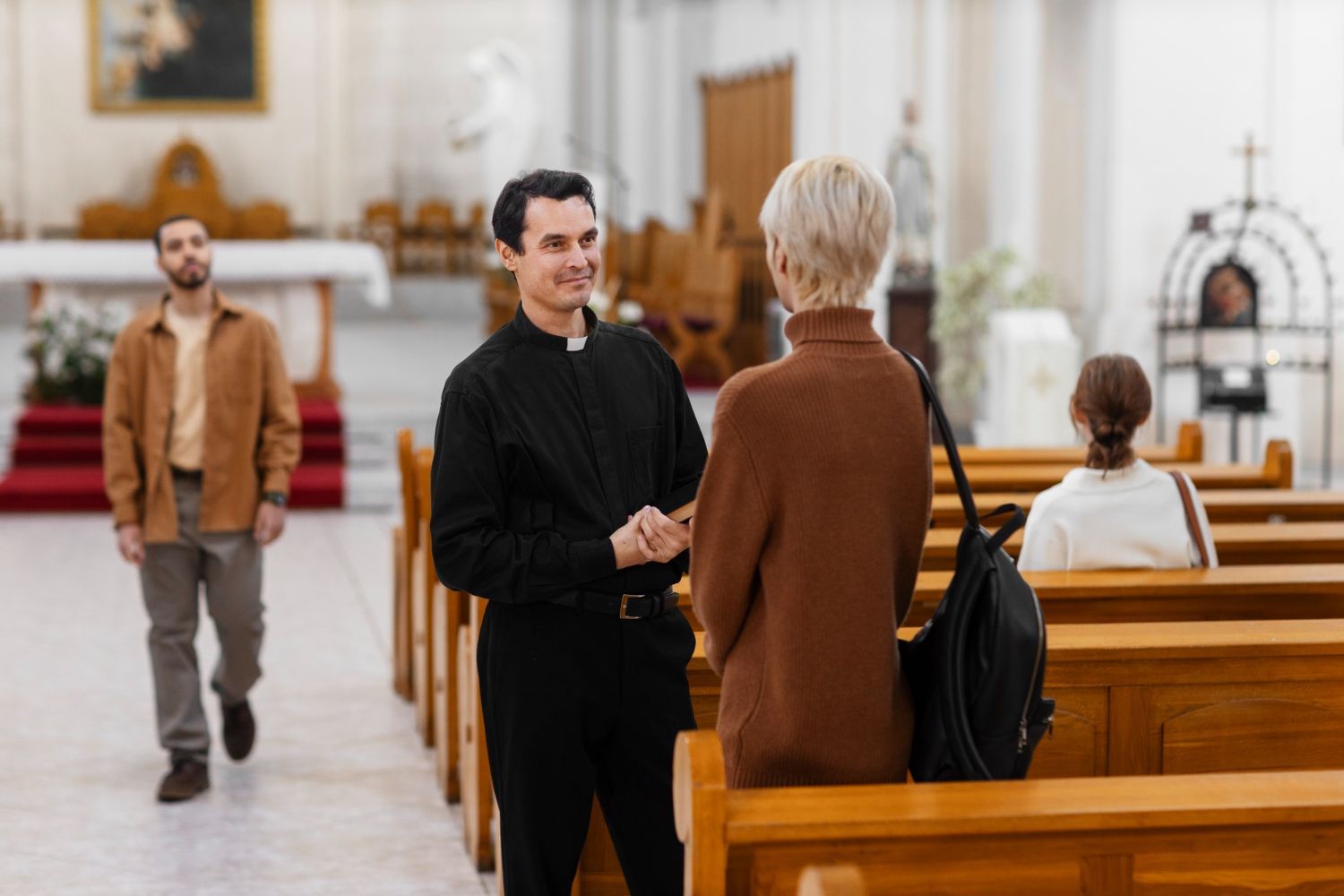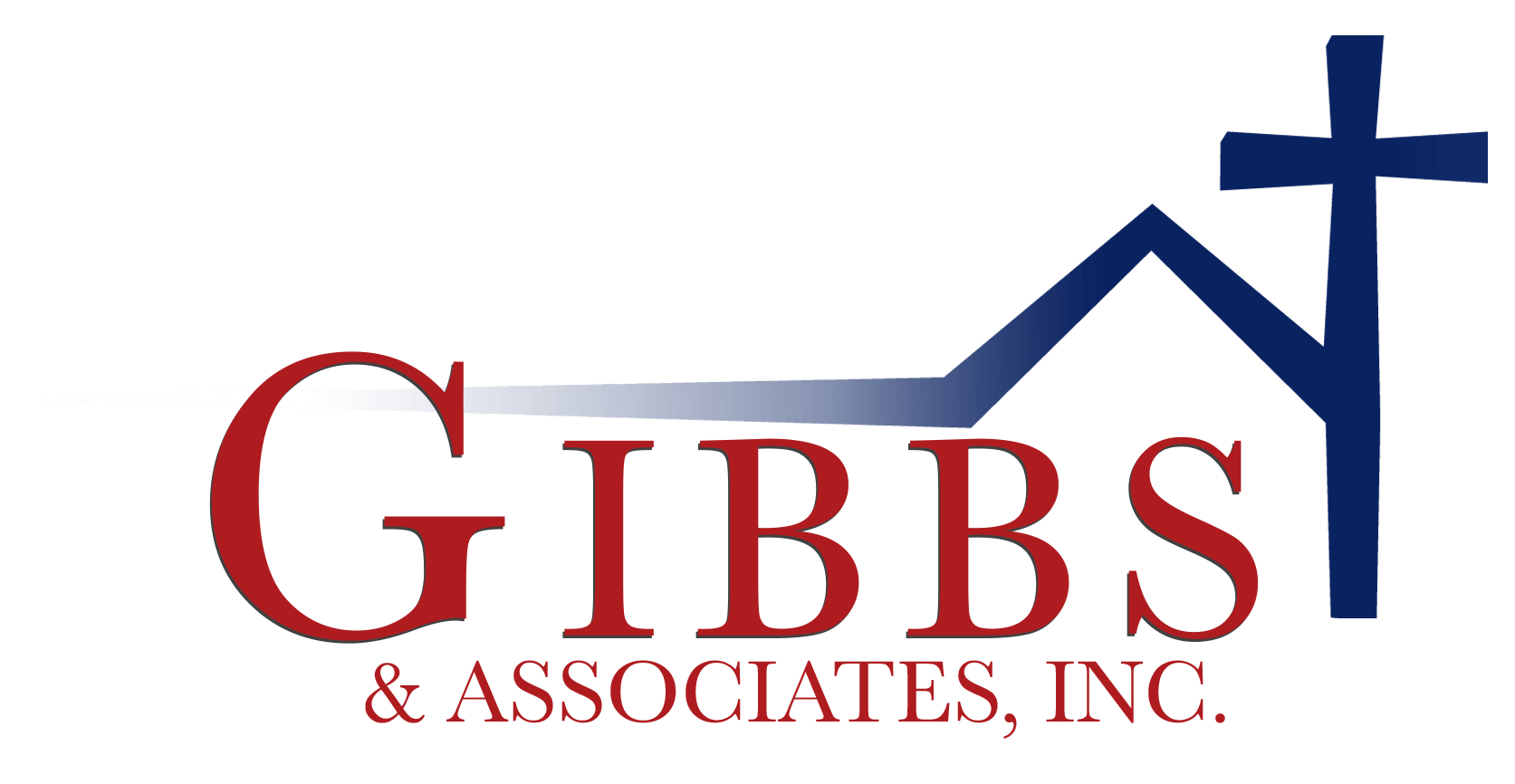Protecting Your Church Community: Comprehensive Insurance for Special Events
Comprehensive Insurance for Special Events
Churches often serve as hubs of community life, frequently hosting special events such as fundraisers, holiday celebrations, educational workshops, and recreational activities. These gatherings can help to strengthen the bonds among members of the congregation while furthering the church's spiritual mission. However, organizing and hosting such events often come with inherent risks and liability concerns. Church administrators must recognize and address these challenges to protect their congregation and organization alike while ensuring a successful, safe, and enjoyable event for all in attendance.
One vital aspect of mitigating potential risks associated with special events is obtaining appropriate insurance coverage from Church Insurance Man in the Macon, Columbus, Gainesville, and Gwinnett areas. While standard church insurance policies may provide some degree of protection for events held on church premises, additional coverage may be necessary for certain situations. Church administrators need to carefully assess each event's unique risks and requirements and work with their insurance provider to secure the necessary coverage to protect the congregation and the church's financial well-being.
Beyond insurance concerns, church administrators must implement rigorous risk management strategies in the planning and execution of special events. This may involve conducting risk assessments, developing contingency plans, coordinating with local authorities, and ensuring that proper safety protocols are in place throughout the event.
Assessing Insurance Needs for Special Events
To ensure your church is adequately protected during special events, it is important to thoroughly assess the unique risks associated with each event and secure any necessary additional insurance coverage. Key considerations when evaluating insurance needs for your church's special events include:
1. Event Location: If your event is held offsite or in a rented facility, you may need to secure additional liability insurance to protect against potential claims related to the use of the venue. Check with the venue owner for their insurance requirements and explore options for extending or modifying your church's existing coverage as needed.
2. Size and Scope of the Event: Larger-scale events may necessitate higher liability limits to account for the increased risk of accidents or other issues. Consider the number of attendees, range of activities, and other factors when determining whether increased coverage is necessary for your event.
3. Third-Party Vendors and Contractors: If you are working with outside vendors or contractors for your event, ensure that they have their own liability insurance and, if possible, obtain certificates of insurance from these service providers. Additionally, your church may need to be named as an additional insured on the vendor's policy to provide further protection.
4. Event-specific Risks: Depending on the activities or elements involved in your special event, there may be additional risks that require coverage. For example, if your event includes the use of inflatable bounce houses, you may need to secure coverage specific to this type of activity.
Conducting a Risk Assessment for Your Special Event
Identifying and addressing potential hazards is an essential aspect of planning and preparing for church-led special events. Conducting a thorough risk assessment can help church administrators proactively address potential issues and create a safer environment for event attendees. Key steps in the risk assessment process include:
1. Identify Potential Hazards: Assess your event's planned activities and venue layout to identify any potential hazards, such as tripping hazards, electrical risks, or ingress and egress concerns. Additionally, consider risks associated with food preparation, alcohol consumption (if applicable), and any activities that may present unique challenges.
2. Evaluate the Likelihood and Severity of Risks: Once potential hazards have been identified, assess the likelihood that these risks may lead to an incident and the potential severity of consequences should an incident occur.
3. Develop and Implement Risk Mitigation Strategies: Prioritize addressing the most significant risks first and develop strategies to minimize or eliminate these hazards. These strategies may include modifying event plans, implementing safety precautions, or establishing emergency response procedures.
4. Review and Monitor Risk Management Efforts: Continually review and monitor the effectiveness of your risk mitigation strategies throughout the event planning process and during the event itself. Be prepared to adjust plans and strategies as needed to ensure the safety and well-being of all attendees.
Planning for a Safe and Successful Special Event
Beyond insurance and risk assessment, church administrators must implement various planning strategies and safety measures to create a safe and enjoyable special event. These planning considerations include:
1. Establish and Communicate Clear Event Guidelines: Develop guidelines for event attendees that emphasize safety and appropriate behavior. Clearly communicate these guidelines in pre-event messaging, and consider posting easy-to-read signs at the event venue.
2. Coordinate with Local Authorities and Emergency Services: Work with local law enforcement, fire departments, and emergency medical services to ensure they are aware of your event and any potential public safety concerns. Obtain any necessary permits or approvals in advance and coordinate public safety resources as needed.
3. Develop an Emergency Response Plan: Prepare for potential emergencies by developing a comprehensive emergency response plan that covers scenarios such as medical emergencies, power outages, or severe weather. Train your event staff and volunteers on the plan, and consider conducting emergency drills or exercises to ensure preparedness.
4. Ensure Adequate Staffing and Volunteer Support: Engage sufficient event staff and volunteers to supervise activities, maintain a safe environment, and provide any needed assistance to attendees. Ensure all support personnel are trained on event safety protocols and guidelines.
Conclusion
Hosting special events can be a deeply enriching experience for your church community, fostering spiritual growth, and strengthening relationships among members of your congregation. By carefully assessing insurance needs, conducting risk assessments, and implementing thoughtful planning and safety measures, church administrators can confidently provide a secure and uplifting environment for their events and attendees.
By focusing on proactive risk management and insurance considerations, administrators can continue to offer a vibrant array of programming for their congregations, fulfilling their spiritual missions while ensuring the well-being of their church and community. Contact Church Insurance Man today to learn more about
insurance for churches and ministries in the Macon, Columbus, Gainesville, and Gwinnett areas.

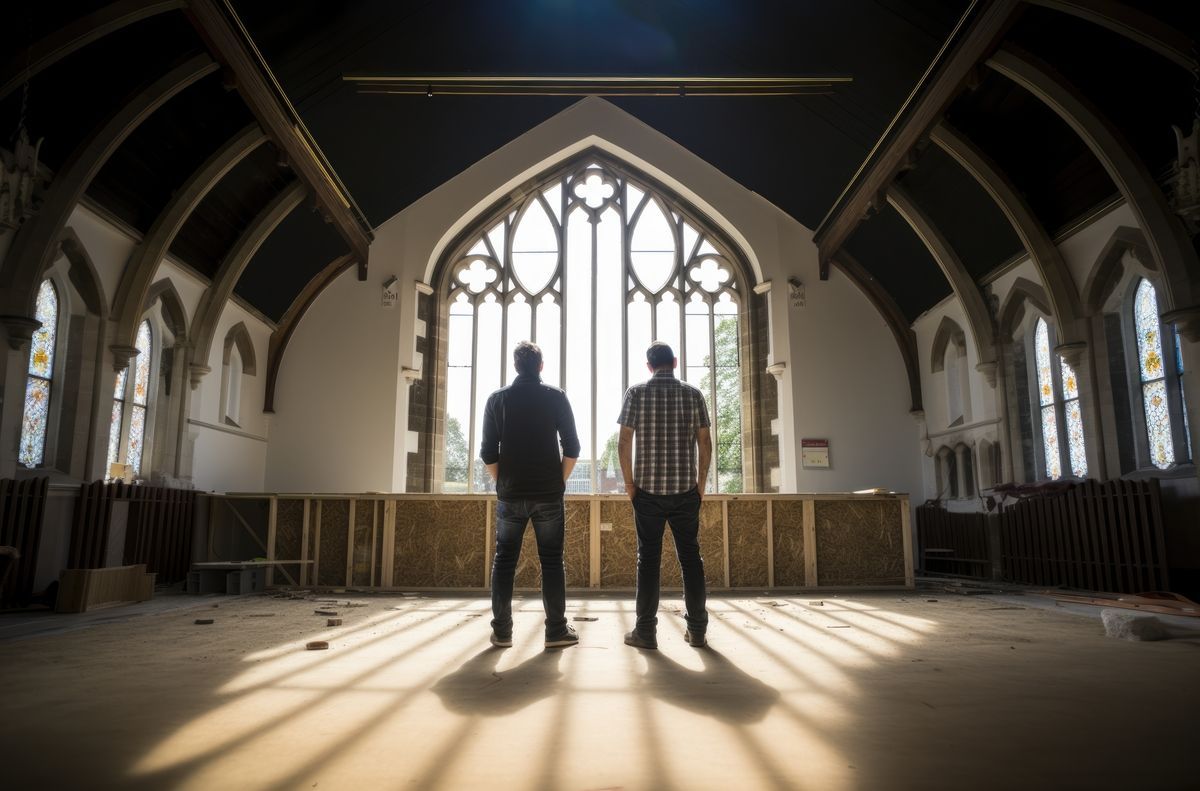



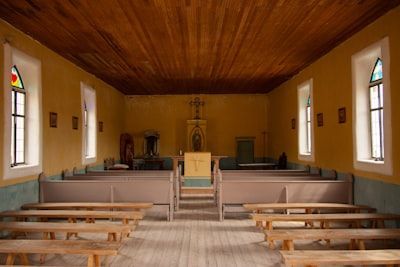
Preventing Theft Is Paramount
The main idea with higher deductibles is that it incentivizes you to take the proper actions to minimize the potential harm that may come to your property. As such, higher deductibles help you think about ways to sustainably prevent negative situations from forming and occurring within your property. That is why organizational leaders should take great care to implement proper security protocols. Your place of worship or care must comprehensively plan for crime and other property damage instances and minimize them from taking place.
- Watch the entrances. The first and simple step is to minimize the entry points into your church or other facilities. You want to make sure that there are just a few places to enter and exit to minimize hassles on your end.
- Document those who come and go. It is best to understand who is coming and going within your church or other facilities. The more information you have, the better it is for you in adverse situations.
- Have trusted volunteers who roam the facility during large gatherings. You want to make sure that you have a cohort of trustworthy who hover around different key areas during large gatherings and celebrations to enforce security standards in a relaxed manner.
- Minimize cash concentration on-premises. There's a saying that you should not tempt fate. That is a genuine possibility if you keep a concentrated portion of cash within your facility. Those who seek to conduct an extraction operation will have more incentives to perform a heist on your property.
- Provide regular access to trustworthy people. Everyone shouldn't have regular entrance access. Keep your life simple by providing limited access during off-hours.
These principles and tips will help you to minimize issues taking place on your property.
Common Church Theft and Vandalism Risks
Creating A Secure Environment For Parishioners
General Liability Coverage for Churches
Preventing Liability Risks in Churches
The best action is preventative and not reactive. Do your best to implement standards and protocols that minimize the potential situation that risks present to your church.
For instance, if you are cleaning the church, make sure to have signs that state you are cleaning. As such, you are indicating that cleaning is happening, and floors may be wet.
Further, you want to make sure that you have signs present around the facility that show people to be careful in a specific situation. Classic safety measures such as smoke detectors and safety systems, in general, will be crucial and necessary as well.
In addition, more nonprofit organizations are optimizing their buildings to make it accessible for disabled peoples. More organizations also endeavor to check their places frequently and make sure everything is up to par while also keeping emergency supplies like first aid kits on their premises.
There is quite a bit you can do to take a preventive strategy within your organization and minimize your potential liabilities. If you require further assistance with your insurance policies and would like to have more information about the steps you can take to improve your overall situation, reach out to us. We will be pleased to find the best solution for your needs and provide the insurance services that your church requires.
Insurance Packages for Churches In Georgia
Make sure that your church is protected. Learn more about our insurance services for churches in Georgia, including umbrella liability, business automotive, and church packages to protect your organization. Contact us today to chat about how we can help your church obtain great coverage to safeguard your ministry.
Get a Quote
Get a Quote
We will get back to you as soon as possible.
Please try again later.
